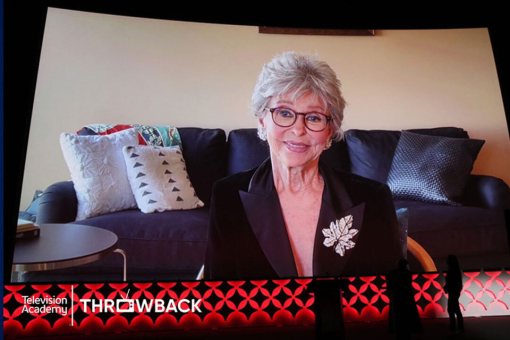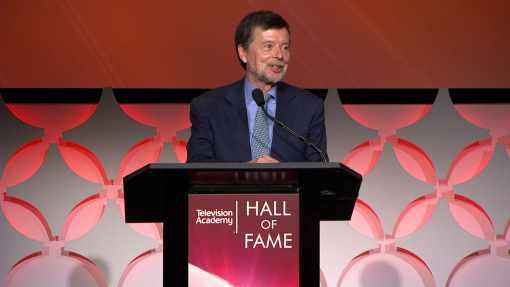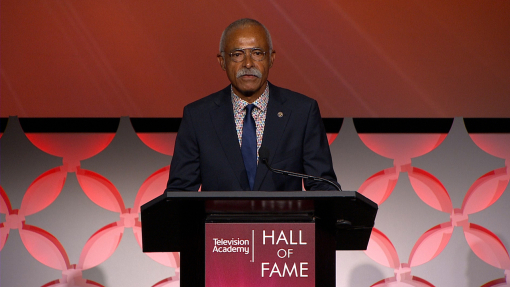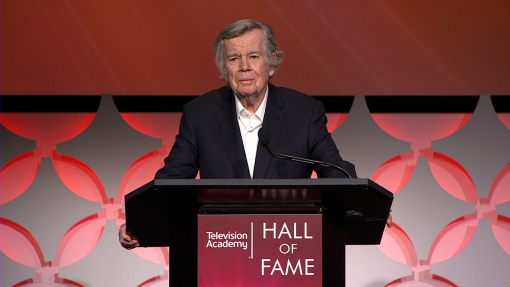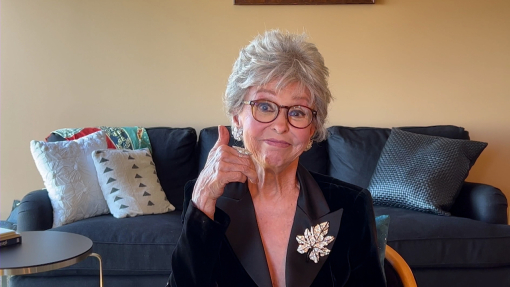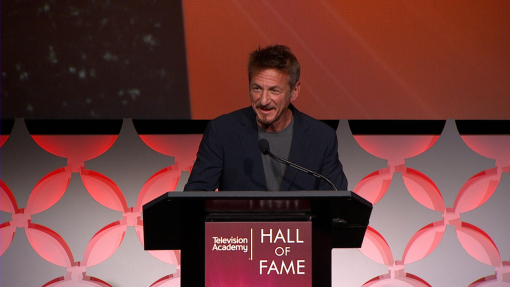I arrived at MTM and I observed The Bob Newhart Show for the first six weeks. And then I arrived on The Mary Tyler Moore Show stage, and there was Jay. I don't know whether [then MTM head] Grant [Tinker] had talked to him and told him who I was, but we immediately struck up a friendship. We would have lunch or a dinner date occasionally. He was very protective of me and would talk to me about what it was like to be a sitcom director. I hadn't done a show yet. He was very sweet.
Jay created a safe space for the actors. They all trusted in him. He would let the actors do what they wanted. When you're getting everybody's ideas, if everyone's involved in the creative process and you distill those ideas, it can only make a show better.
The main thing I learned from Jay is that as a director, you have to speak up and say what you're feeling and not be intimidated by the writers, because the sitcom is a writer's medium. Jay was funny, and he knew what was funny. I would always see him standing up for what he believed. There were arguments about things, but he felt really strongly, and sometimes he won, and sometimes he didn't.
When I first started out, I had to take a job, any job, where people would hire me, and I'd have to play by the rules. But once I got in and did Cheers, which I co-created, that element about standing up became really important to me, and I used it.
The interesting thing about Jay is that he started as an assistant director, which is more of a below-the-line job: organizing the actors, making sure they're there for their calls and that they know when rehearsal is. And then he went into directing, which is a rarity. Usually, once you're an AD, it's hard to make the jump, but Jay did so very successfully. I was always amazed at that ability to make that jump.
I mentored other directors because of Jay's mentoring me. I figured most of the directors were coming from the stage, as I had, and it was important that they have the confidence not to be buffaloed by the technical stuff and to be able to be creative freely. There was Tom Moore, who'd directed Grease, and Barnet Kellman, who I brought out from New York.
Jay was born with humor. He observed different directors when he was AD-ing and learned from them. And he had an extraordinarily keen sense of story: He knew how to tell a story in the show, what's your plot and advancing the plot at every moment. In a scene, there might be a funny thing that was still advancing the story. If the story is interesting and there's something unexpected there — Jay was good with that.
Jay is kind, and he was always sweet. People listened to him. His knowledge of what's funny and what works enabled him to be a good director. Those are his qualities.
It seems almost predestined that Jay Sandrich would forge a career as an Emmy-winning director of classic television sitcoms: His very first television job was on I Love Lucy, as a second assistant director. He soon moved up to become assistant director, then worked in that position on such series as The Dick Van Dyke Show.
Heredity helped, too. Sandrich's father, Mark Sandrich, who died when Jay was only 13, was a film director whose credits included such Fred Astaire-Ginger Rogers musicals as Shall We Dance and Top Hat.
Sandrich won four Emmy Awards out of 10 nominations: two each for directing The Mary Tyler Moore Show and The Cosby Show. He was nominated twice for Soap, whose pilot he directed. He directed only one feature film, the comedy Seems Like Old Times, preferring the faster pace and audience presence of multi-camera television.
Emmy winner James Burrows first met Jay Sandrich in 1974. Sandrich became Burrows' mentor, and on a personal note, Burrows and his then-wife introduced Sandrich to his wife's best friend Linda, with whom Sandrich recently celebrated his 35th wedding anniversary.
This tribute originally appeared in the 25th Television Academy Hall of Fame program celebrating Jay Sandrich's induction.

